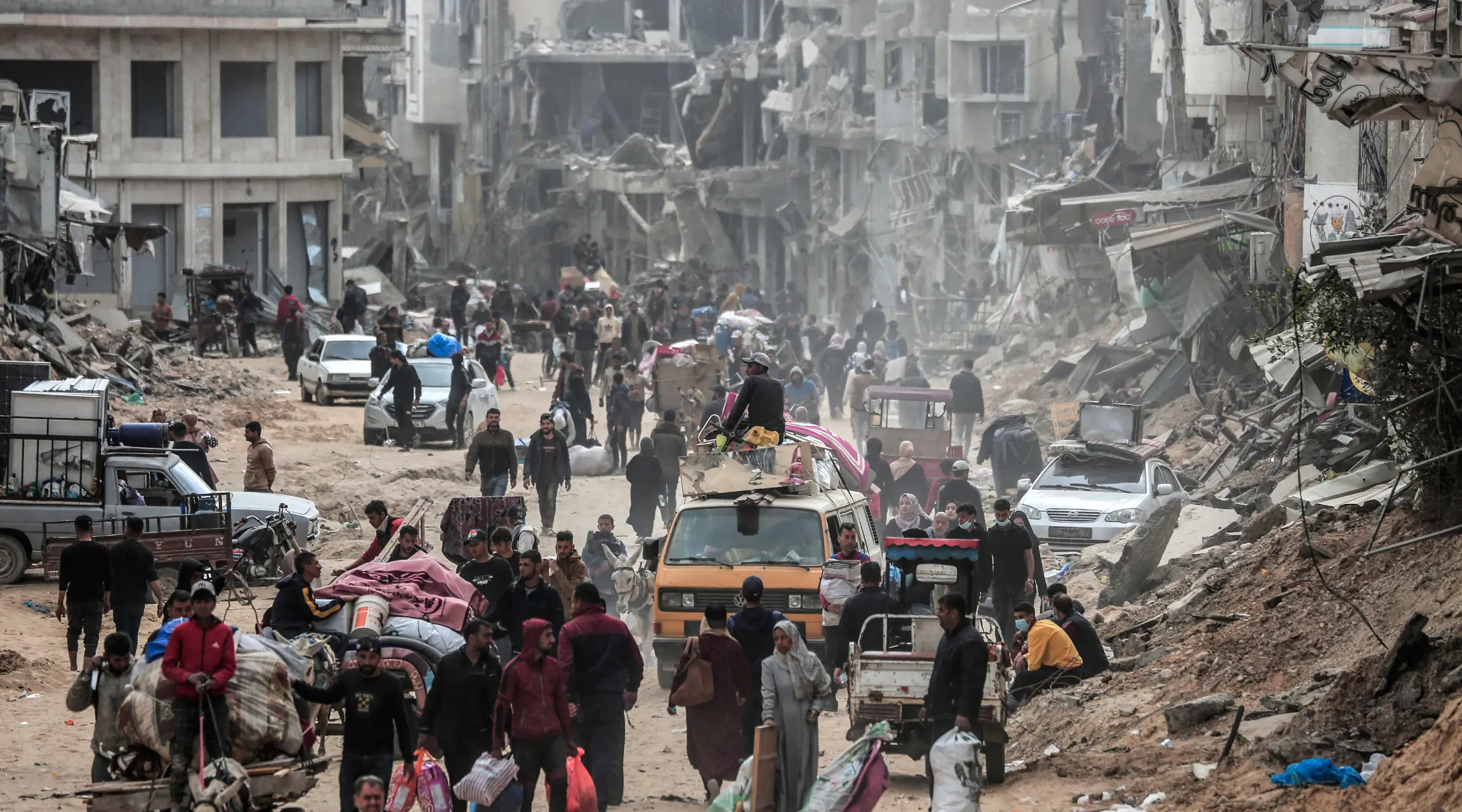Palestine (Transatlantic Today) – Israel has revised its military strategy in the Gaza Strip, particularly in Rafah, following discussions with US officials. The Biden administration’s concerns over civilian casualties influenced Israel’s decision to opt for more limited operations instead of deploying two divisions, as initially planned. This adjustment is expected to reduce civilian casualties and has not met opposition from the US, according to Washington Post analyst David Ignatius.
US and Regional Diplomatic Efforts
US National Security Adviser Jake Sullivan’s meetings with Saudi and Israeli officials have indicated a possible gradual cessation of Israeli combat operations. These discussions have also outlined a post-conflict governance plan for Gaza, proposing a Palestinian security force supported by moderate Arab states. However, this plan has not yet been fully agreed upon by all parties, including Israeli Prime Minister Benjamin Netanyahu.
International Legal Developments
According to Israelnoticias, the International Criminal Court’s chief prosecutor, Karim Khan, has requested arrest warrants for Netanyahu and other leaders from both Israel and Hamas. This legal action adds complexity to the geopolitical landscape, potentially influencing the acceptance of new security plans for Gaza.
Civilian Evacuations in Rafah
The Israeli military reports that approximately 950,000 Palestinians have evacuated Rafah, with significant numbers relocating to designated humanitarian zones. Despite the faster-than-expected evacuation, the situation remains critical, with ongoing military operations and many civilians still in the city. Some Hamas operatives are believed to have blended with civilians in these zones.
Security Plans for Gaza
Future security plans for Gaza involve creating a Palestinian security force overseen by a council of Palestinian notables, supported by moderate Arab states such as Egypt, Jordan, the UAE, and Saudi Arabia. While some Israeli officials support this initiative, Netanyahu has expressed reluctance. Hamas has indicated potential acceptance of this proposal as part of a truce agreement and the release of hostages.
Operational and Strategic Importance of Rafah
Rafah remains a key Hamas stronghold with significant stockpiles of rockets. Israeli forces continue operations in eastern Rafah and along the Philadelphia Corridor, a strategic strip separating Egypt from Gaza. Full control of this corridor is crucial for Israel to prevent arms smuggling and ensure regional security.
Israel’s modified strategy in Rafah, influenced by US discussions, aims to reduce civilian casualties while maintaining military objectives. Diplomatic efforts continue to shape the future governance and security structure of Gaza amidst evolving international legal and political contexts.


























